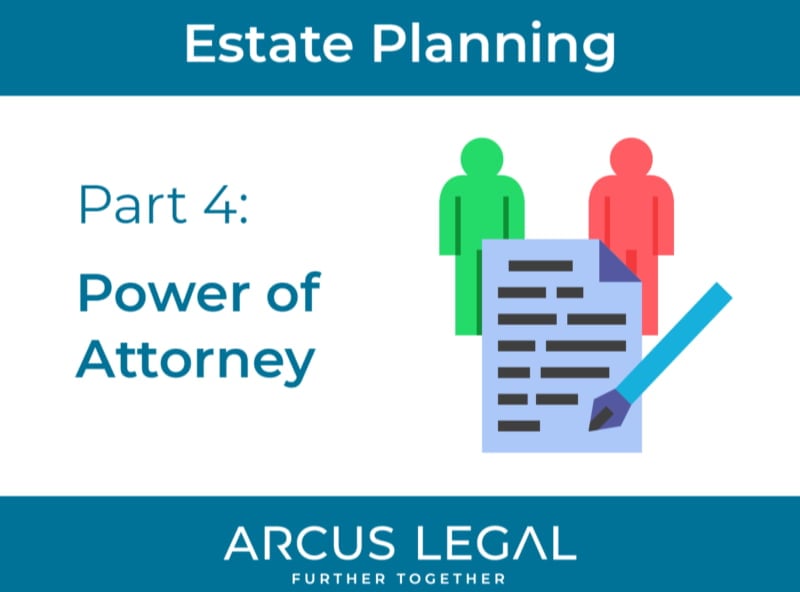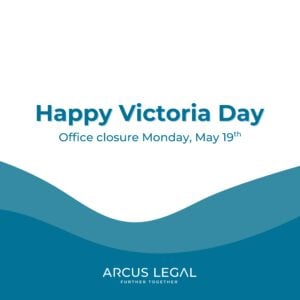The Enduring Power of Attorney (“POA”) applies during your lifetime and ends on your death. The person you appoint in the POA is called the Attorney. The POA can be used by the Attorney when you are unable or unavailable to act for yourself in a financial or legal capacity. Your Attorney may act in situations if you become incapable of making financial and legal decisions. Your Attorney may also be instructed by you to act while you are still competent, but are physically unable to complete certain tasks. Your POA can be as broad or as specific as your needs require and you’ll review those options with your lawyer.
Your Attorney has what is called a fiduciary role, meaning they must act in your best interests. Usually, people select a trusted family member such as a spouse, sibling, or adult child. However, any person you choose is legally obliged to act in your best interests and to keep track of where they spend your money.
The person you select as your Attorney can decline to act in the role. Therefore, it is best to discuss your decision with the selected Attorney in advance and from time to time. It is also a good idea to discuss with them what your values are and what is important to you, should you be incapable of taking care of your own financial and legal affairs.





